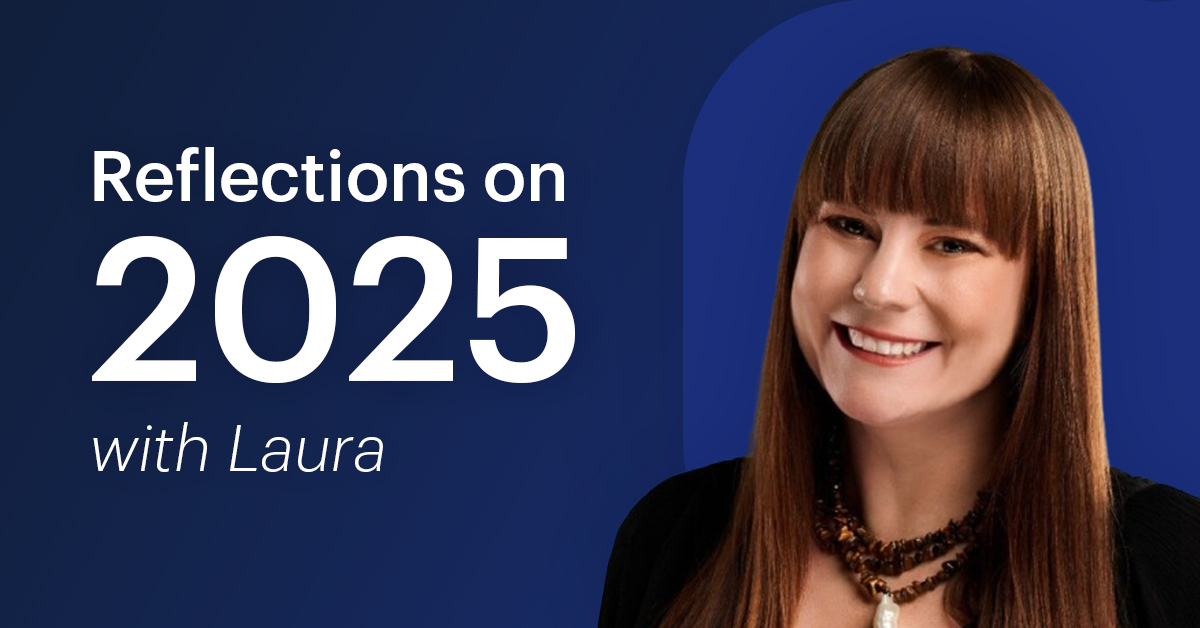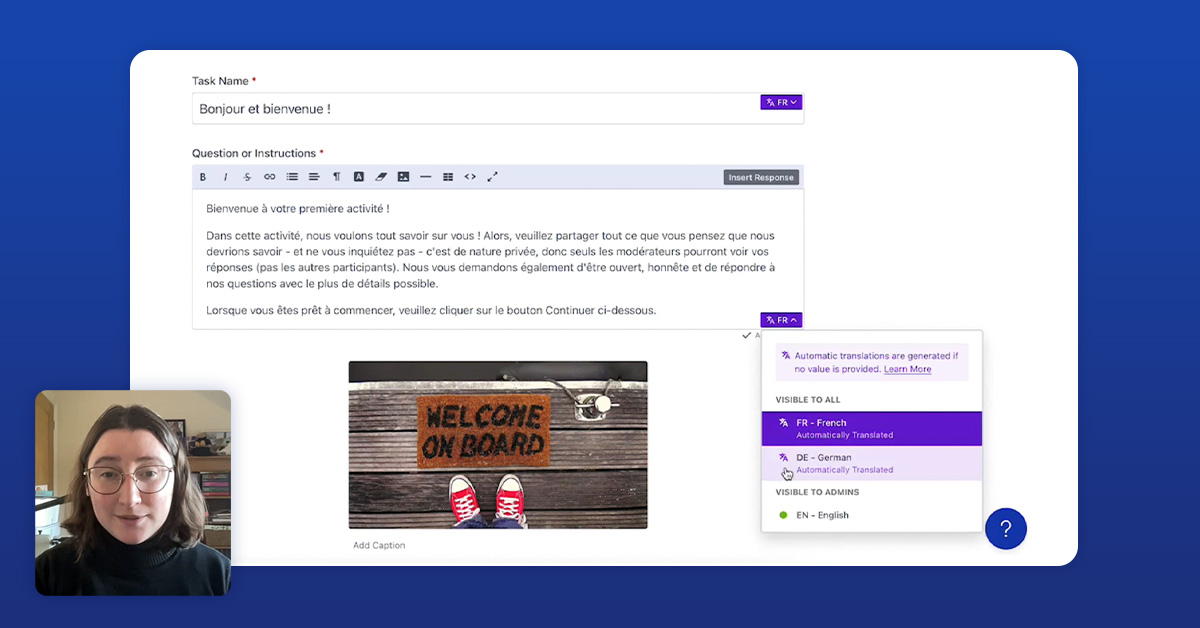Gen Lamorie-Wallace is a busy woman. By day, she is an Ottawa, Canada-based Vice President with market research consultancy Phase 5. By night, she runs a restaurant with her chef husband in a trendy city neighbourhood. Sometimes, Gen's worlds collide and inspiration strikes. For her, it's when a 'foodie' patron pulls out a smartphone and starts tweeting an online commentary about his dining experience. This experience as a restaurateur informs Gen's belief that market researchers need to understand how our communication culture is shifting and to be able to offer to clients new approaches that mimic this "new normal" for communications. Following her presentation Lessons Learned When Adapting Technology Platforms for Qualitative Research at the recent MRIAQRD Conference, we had a chance to talk to Gen about the forces that are transforming consumer culture and the opportunities for businesses and MR. How is a business/brand's relationship with its customers and prospects changing? Social media has ushered in a seismic shift in a business/brand’s influence and control. People expect to be treated as true stakeholders. The number of people in my Twitter feed that I see talk to or even yell at businesses/brands/government representatives is amazing. There is an expectation from customers for genuine dialogue and for their opinions to matter. And these opinions do matter -- social media is a vehicle unlike anything we have seen before that lets customers have a significant influence on what is being said about a business or brand. Social media has made social democracy a reality and exploring a research approach that mimics this keeps us relevant as researchers. What is "the new normal?" Well, as an illustration, let’s say I walk into my local Starbucks and I see something I like or dislike. My first inclination is not to mention it to my friend or partner who is physically there with me, instead, I tweet it for all the world, or at least my followers, to see! A culture has developed where it is completely normal to publicize our every thought and observation that was once random or passing at best. And we now do this to the world! We think the world is interested in this and it is our duty to communicate it to those in our circle, however small or broad that may be. This kind of normal is evidenced by the surging popularity of social media platforms like Pinterest which is essentially an online bulletin board that lets you “curate” and showcase your interests. My Facebook News Feed has surged with Pinterest mentions lately -- everyone wants to broadcast their interests and hobbies to each other! I have also really noticed the use of terms like “curating” and “curator” in casual conversation. In a previous life I worked in museums and these terms were reserved for that profession. Now, we are all curators of our own lives and our natural inclination is to broadcast to those in our circle of followers and beyond. At Phase 5, we took notice of this "new normal" from a research perspective and came up with a social engagement process that relies on online technology to facilitate a holistic approach to engaging with “stakeholders” in the manner in which they are accustomed to. Phase 5 has been in the marketing research business since 1991 and recently, launched a new division called Konnex. What prompted Konnex? Konnex is a research-based consultancy that helps gain intelligence from and connect with audiences through social media platforms. Konnex is backed by Phase 5, which has more than 20 years of experience in research and strategy consulting. Konnex was formed as a sister company to Phase 5 as a direct response to the influence and importance that social media plays in today’s business environment. We understand the changes to the marketing model that is, more and more, affected by social conversations. We help our clients engage audiences as meaningful stakeholders in important business processes. We offer methodological rigour, deep analytical skills and strategic insight that comes with a research background. The rigour and research background that we bring to the table are key differentiators. Online social engagement technology platforms bring with them less structure than traditional research approaches like focus groups. Less structure is good from a participant's perspective but, at the end of the day, having a partner that can apply rigour and traditional research management and interpretation principles is really key. The rigour and strategic insight that we apply to the findings are really what sets us apart. What has you excited about the future of MR? The evolution that I continually see. I recently attended a conference in Miami that was focused on social media and research. The industry is not staying still -- there is a huge appetite for applying research approaches to this new reality. I think market research has a bit of a reputation for nerdy stats geeks, but it is anything but! Well, at least I think I’m not too nerdy! It is not just the suppliers either who are innovating -- I love the fact that I am getting more and more requests from clients to show them innovative approaches to conducting research. The fluid and interactive nature of some of these new approaches is really neat and the ongoing engagement you get with your participants -- who are now our “innovation stakeholders" -- is so much more rewarding. I much prefer these experiences to the more traditional qualitative techniques like one-off focus groups or interviews. What keeps you up at night? My husband’s snoring! Seriously though . . . I guess just staying on top of the rapid changes in today’s social environment and always thinking of how this can be applied to our research approaches. As an example, the huge popularity of Pinterest or research industry buzz around gamification has me exploring how our online approaches can mimic these trends. Thanks to Gen Lamorie-Wallace for taking time to speak with Ramius as part of our new "Five Questions With . . ." blog feature where we profile business partners and thought leaders who challenge and inspire us with their ideas. Disclosure: Ramius is a technology partner to Phase 5.
Five Questions With Gen Lamorie-Wallace of Phase 5
Following her presentation Lessons Learned When Adapting Technology Platforms for Qualitative Research at the recent MRIA QRD Conference, we had a chance to talk to Gen Lamorie-Wallace about the forces that are transforming consumer culture and the opportunities for businesses and MR.







.svg)